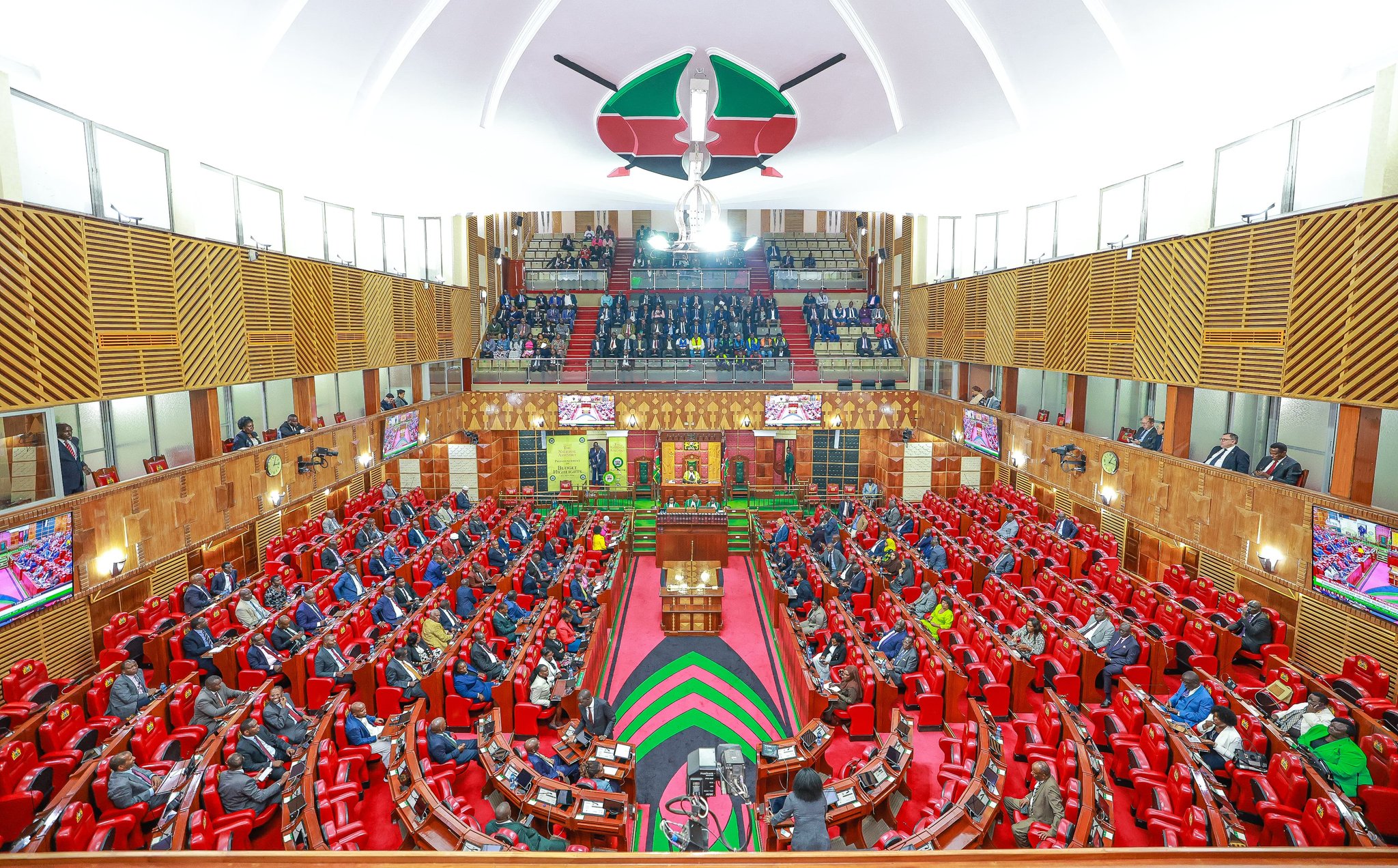
MPs demand appearance of BATUK Commanders over Allegations of Sexual Violence, Killings in Kenya » Capital News
NAIROBI, Kenya June 17 – The Ministry of Defence is under fire for allegedly shielding senior officials of the British Army Training Unit Kenya (BATUK) from appearing before a National Assembly Committee to respond to long-standing accusations of human rights violations.
The National Assembly’s Defence, Intelligence and Foreign Relations Committee, chaired by Belgut MP Nelson Koech, is now demanding that top BATUK commanders appear in person to answer to serious allegations—including sexual violence, extrajudicial killings, and other abuses allegedly committed during their training operations in Kenya.
Appearing before the Committee, Defence Principal Secretary Patrick Mariru said the conduct of BATUK is overseen by the Inter-Governmental Liaison Committee (IGLC), a bilateral body composed of Kenyan and British officials.
“We cannot stop Parliament from doing its oversight role. Our view was that you could still get all the answers from the organ that is the IGLC. That is our perspective—not a challenge to Parliament,” said Mariru.
Despite earlier reservations from the Ministry citing procedural concerns, the Committee maintains it will not accept representations through intermediaries and wants direct engagement with BATUK leadership.
“These are not matters to be relayed through shadows. We need BATUK here in person,” said Chairperson Nelson Koech.
MPs are probing a wide range of alleged ethical breaches and rights violations dating back several decades, raising concerns over BATUK’s adherence to military protocol and international human rights standards.
“I don’t understand why the Ministry of Defence is acting like a gatekeeper. BATUK is not above the law, and there’s nothing irregular about summoning them before this Committee,” Koech added.
Saboti MP Caleb Amisi said direct engagement with BATUK would ensure transparency and align with international diplomatic norms.
“They are not being summoned as accused individuals. We’re pursuing the truth, and their testimony is crucial,” he said.
Shinyalu MP Fredrick Ikana also criticised the Ministry’s resistance, saying it undermines justice efforts for victims of alleged abuses.
“If it’s about justice, then one life lost is already too many. We need unfiltered engagement—not bureaucracy,” he said.
In response, PS Mariru assured the lawmakers that the Defence Ministry would not obstruct the inquiry.
“The Ministry of Defence cannot and will not stand in the way of Parliament. I’m not here to speak for BATUK, and I respect your constitutional authority,” he said.
So far, the Committee has received submissions from the Mau Mau Veterans Association, Kenya Human Rights Commission, and residents of Nanyuki, Isiolo, and Samburu—regions where BATUK routinely conducts training exercises.
The inquiry includes alleged misconduct involving corruption, abuse of power, discrimination, and use of excessive force. MPs are also reviewing BATUK’s compliance with operational standards, safety protocols, and Kenyan law.
One of the most prominent cases under review is the 2012 murder of 21-year-old Agnes Wanjiru, a young mother allegedly last seen in the company of British soldiers. Her body was later discovered in a septic tank at a Nanyuki lodge, bearing stab wounds—a case that continues to draw international condemnation and demands for justice.
BATUK, headquartered in Nanyuki with a smaller outpost in Nairobi, comprises approximately 100 permanent personnel and around 280 on short-term rotation. It supports British troops in training for operational readiness, but its presence has long stirred tension among local communities and rights groups.